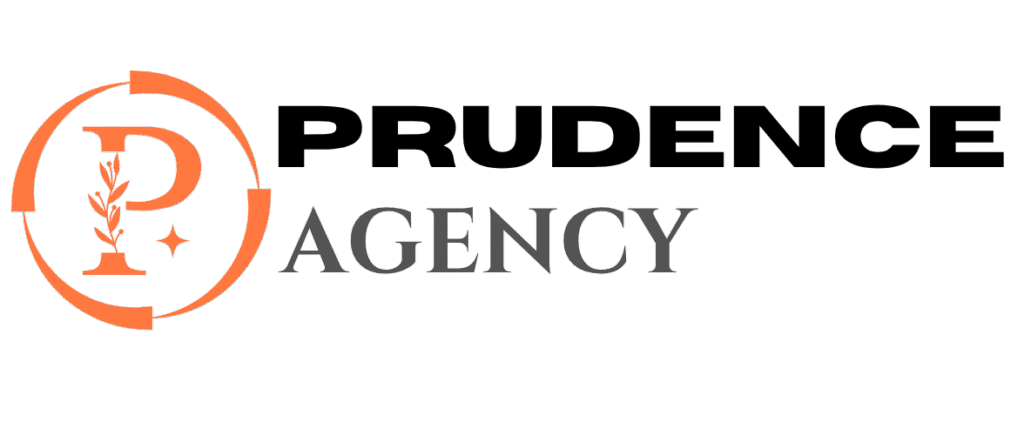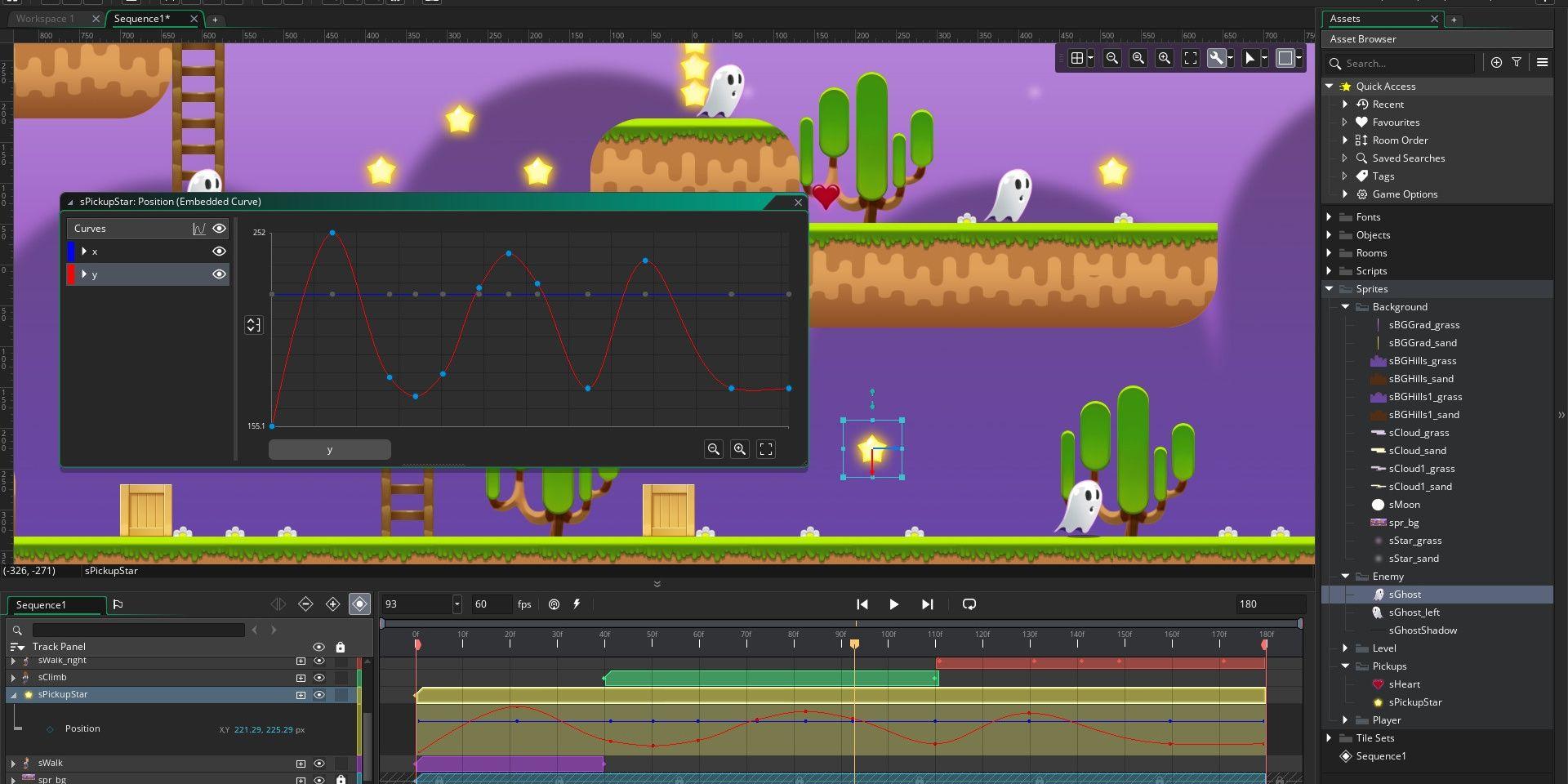Top Game Dev Tools Every Beginner Should Know
The world of game development can seem daunting, especially for beginners eager to create their first playable games. Luckily, the game development industry offers a myriad of powerful, user-friendly tools that can turn your vision into reality without a heavy learning curve. Whether you’re dreaming of crafting a 2D platformer or an immersive 3D adventure, using the right game dev tools from the start can dramatically accelerate your progress and make your creative journey enjoyable.
Why Choosing the Right Game Dev Tools Matters
For beginners, selecting the right game development software and tools is crucial. The ideal tools not only streamline the development process but also provide valuable learning resources and community support. This foundation ensures that your first projects don’t become overwhelming and help you build confidence as you advance.
Top Game Dev Tools Beginner Developers Should Know
Let’s dive into the essential game dev tools that every beginner should become familiar with. These tools cover everything from game engines and graphic design to sound creation and asset management.
1. Game Engines
Game engines are the backbone of game creation, providing frameworks and features to build games efficiently. Here are the best beginner-friendly game engines:
- Unity: Known for versatility across 2D and 3D games, Unity offers a massive resource library, beginner tutorials, and a visual scripting tool called Bolt. It supports C# scripting and has a huge community.
- Unreal Engine: Ideal for high-quality 3D graphics, Unreal Engine’s Blueprint system allows beginners to build gameplay without coding. Its marketplace offers tons of free assets to get started quickly.
- Godot: A lightweight, open-source engine that’s excellent for 2D and simple 3D games. Godot uses its own GDScript language, which is easy to learn for novices, and it’s completely free.
2. Graphic Design and Animation Tools
Visuals bring your game to life. Here are popular tools for creating sprites, textures, and animations:
- Aseprite: A pixel art editor tailored for 2D games featuring a simple interface for animation frames.
- Blender: A powerful, free 3D modeling and animation software used widely for game assets creation.
- Photoshop / GIMP: For texture editing and UI design. GIMP is an excellent free alternative to Photoshop.
3. Sound and Music Tools
Audio enhances the gaming experience dramatically. Here are accessible tools to create sound effects and music tracks:
- Audacity: Free and easy-to-use audio editor perfect for recording and editing sound effects.
- FL Studio / LMMS: Digital audio workstations (DAWs) for music creation. LMMS is open-source and beginner-friendly.
- Bfxr: A simple tool for generating retro-style sound effects quickly.
4. Asset Repositories
To save time, beginners often use pre-made assets. These sites offer free or affordable game assets:
- Kenney Assets: Stunning 2D & 3D free asset packs with public domain licenses.
- OpenGameArt: A comprehensive repository of free art, music, and sound effects.
- Itch.io Marketplace: Offers many affordable, high-quality indie game assets.
5. Version Control Systems
Even solo beginners benefit from tracking changes and backups. Git paired with GitHub or GitLab allows for effective version control.
- GitHub Desktop: User-friendly GUI for Git that makes version control approachable.
- SourceTree: A free Git client that simplifies repository management.
Quick Comparison Table of Popular Game Engines for Beginners
| Game Engine | Best For | Programming | Cost | Platform Support |
|---|---|---|---|---|
| Unity | 2D & 3D versatile games | C# | Free (personal), Pro versions available | Windows, Mac, Mobile, Console, Web |
| Unreal Engine | High-fidelity 3D | C++ & Blueprints | Free (royalty after $1M revenue) | Windows, Mac, Console, Mobile |
| Godot | 2D & simple 3D | GDScript, C# | Free & Open Source | Windows, Mac, Linux, Mobile |
Benefits of Using These Game Dev Tools
Starting with these beginner-friendly tools offers several valuable benefits:
- Speed Up Learning: Intuitive interfaces and extensive tutorials help understand game dev fundamentals faster.
- Community Support: Large user bases mean you can get help easily if you get stuck.
- Cross-Platform Publishing: Tools support exporting games to multiple platforms, increasing your audience reach.
- Cost-Effective: Many tools are free or affordable, ideal for those learning without a budget.
Practical Tips for Beginners When Using Game Dev Tools
- Start Small: Choose one game engine and learn it thoroughly before adding more tools.
- Use Templates and Assets: Leverage free assets and project templates to focus on learning core mechanics rather than building everything from scratch.
- Join Forums and Communities: Platforms like Unity Forums, Reddit’s r/gamedev, and Discord servers can provide motivation and problem-solving help.
- Practice Consistently: Build small prototypes regularly to improve your skills.
- Keep Version Control: Use Git early to avoid losing work and to track your progress.
Case Study: How a Beginner Used Unity and Blender to Create a Simple Game
Anna, a beginner game dev, started with Unity and Blender to build her first 3D puzzle game. Using Unity’s free tutorials and the Blender community tutorials, she created simple 3D models and implemented game mechanics with Unity’s scripting. Leveraging free assets from OpenGameArt saved her time on textures and sounds. Within three months, Anna published her game on itch.io, gaining constructive feedback to improve her next projects.
Conclusion
For beginner game developers, mastering the right game dev tools is a critical step towards transforming creative ideas into engaging games. With accessible game engines like Unity, Unreal Engine, and Godot, plus complementary design, audio, and asset tools, building your first games becomes a manageable and rewarding experience. Embrace these beginner-friendly tools, stay consistent, and take advantage of community resources – your game development adventure is just beginning!
Ready to dive deeper? Start experimenting with these tools today and turn your game ideas into reality!











